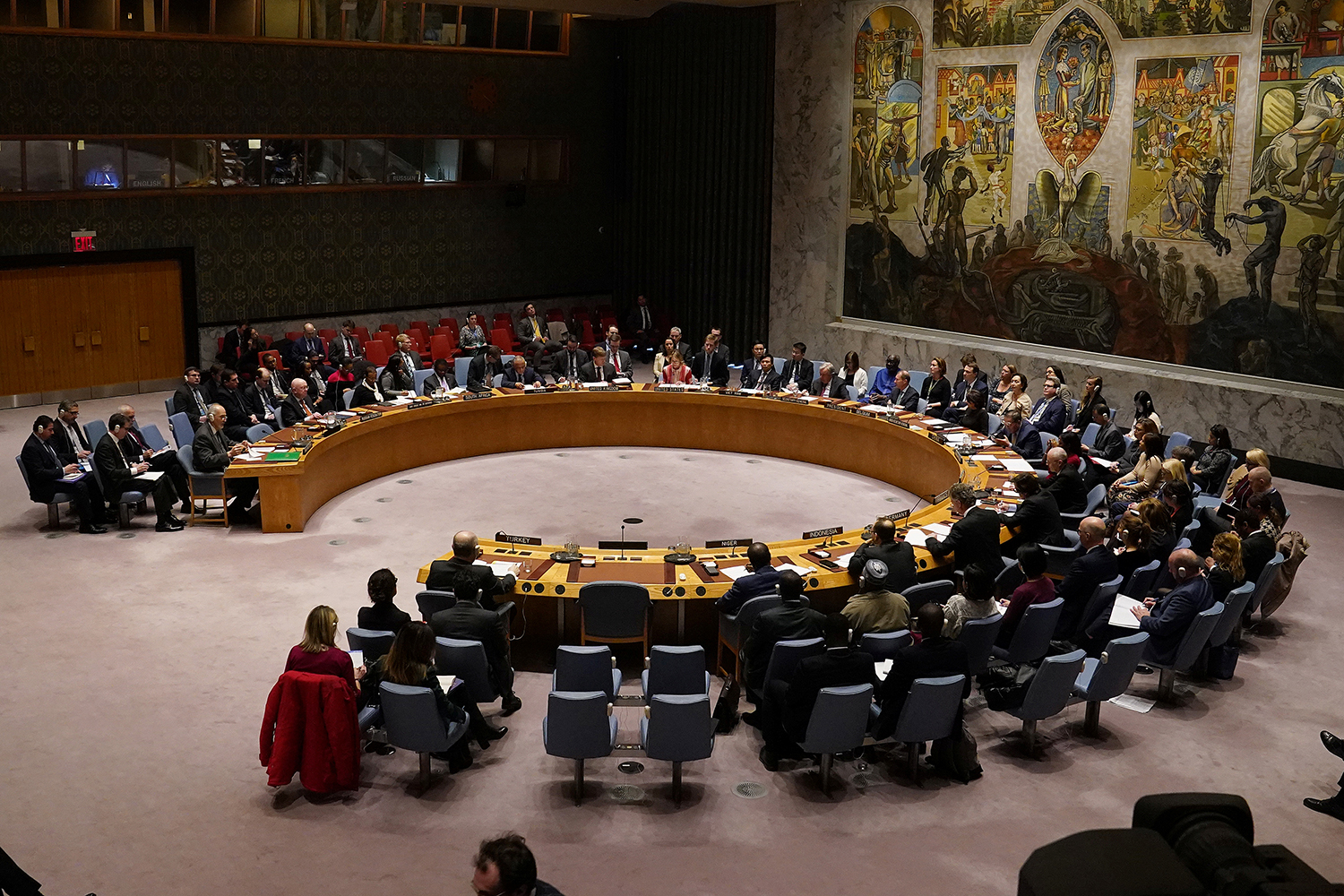
At the first meeting convened by the long-running Intergovernmental Negotiations (IGN) to discuss the UN Security Council reforms, Pakistani envoy, Munir Akram, vehemently opposed those calling for a permanent seat at the table.
Criticising the permanent seats’ aspirants—India, Brazil, Germany and Japan–for tactfully spreading fears that SC reforms and permanent memberships go hand-in-hand, Ambassador Akram reiterated that while Pakistan “was prepared to breathe new life in IGN … some states are bent upon killing the process.”
Pakistan holds an immensely special relationship with the UN; enjoying respect because it joined the body within months of gaining independence. Ever since the UN General Assembly adopted a resolution to use a framework text to bring forth much-needed and long-overdue reforms in its principal organ six years ago, the country has staunchly championed effective and feasible changes through across-the-table consensus. However, instead of supporting the addition of new permanent members, it believes in the potential of long-term, electable seats that can “meet aspirations of states who want to play a leading role on matters of international peace and security” without diminishing space for smaller members.
Time and again, the state, through its principled membership of the Uniting for Consensus (UfC) group, has stood for accomodating the needs of the African Group, small island developing states, the Arab Group and the Organisation of Islamic Cooperation (OIC). Giving in to the wishes of the G4 nations would only add the voices of more developed countries to the already inundated pool of “victorious powers” of World War 1. This would be at the expense of making the peacekeeping body less representative, less effective and more divided. After all, the last 75 years have only seen the council reducing its representation from 20 to eight per cent of the UN membership.
Founded in 1945 amid the crisis of World War 1, the global peacemaking body and its executive branch, the Security Council, were to uphold their primary aim of maintaining international peace and security. However, fundamental transformations in world affairs can hardly be compared to the power politics of the past. Those with a permanent, veto-carrying seat on the table–the US, the UK, France, Russia and China–can no longer claim lion’s share in the global leadership today. With the constantly evolving nature of threats (climate changes and more recently, virus pandemics), renewed geopolitical tensions between East and the West, and the unimaginable dwindling confidence in democratic institutions, the UNSC often finds itself paralysed and dysfunctional on core issues. Kashmir and Palestine remain amongst the most heated and unresolved conflicts still left in an inconclusive state. While internal polarisations and P-5 divisions lead to deadlocks on key issues, the credibility of the peacekeeping body continues to falter.
If the UNSC is to be made fit to function in the transient world of 2021, full-scale negotiations hold crucial importance. Apart from immediate changes to the representation, accountability measures should also be looked upon. The council would highly benefit from reforming its working methods. Resetting its relationship with the General Assembly so that there exists an equal division of responsibility would ensure a balance between the general membership and the military clout. In recent times, the body’s criminally slow proceedings over the COVID pandemic has laid bare its inability to come up with lasting solutions. It took the UNSC three arduous months to pass a resolution for international cooperation as the deadly wave kept on taking countless lives the world over. If not to put out fires, the powers sitting at the helm of the council could at least get serious about cleaning their kitchen to save lives; prevent such catastrophic miseries in the future. Haven’t we buried enough dead already? *
Source: https://dailytimes.com.pk/717809/time-to-see-the-bigger-picture-at-unsc/

